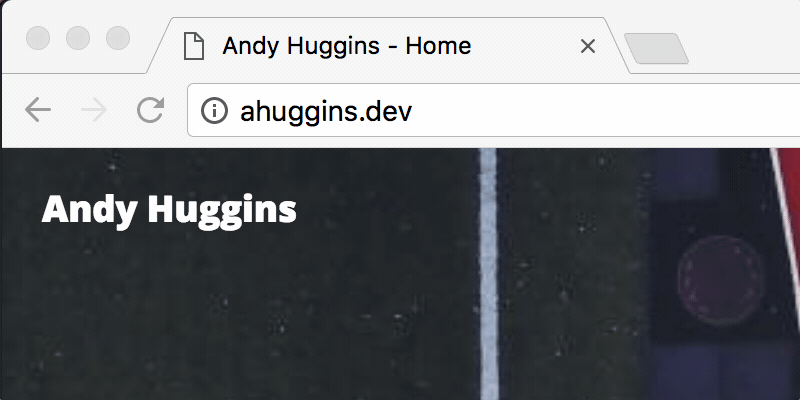ahuggins / laravel-opensearch
Quickly add the ability for people to search your site in Chrome address bar using OpenSearch. Like when you type an address and press 'space' Chrome searches the site, this package adds that.
This package is auto-updated.
Last update: 2026-02-10 22:26:17 UTC
README
You know when you go to Amazon.com or Google.com, you type in the domain, hit space, and the whole address bar becomes a "search field"? If you have wanted to add that to your site, then this package will make it super easy.
Note: The "name" of your site, should be set in the
config/app.phpfile BEFORE you load this package on your site. Google (and other search engines) cache the opensearch.xml file on your site (one of the things provided by this package) pretty aggressively, so it can be a while before it updates.
Without OpenSearch
WITH OpenSearch
Note: While the "WITH" OpenSearch Gif shows a "Whoops" That is only because my test/example site, does not have a 'search' route. Notice too, that the url does route to the "customizable" search route.
Installation
This was made after release of 5.5, which is what it was built with, so I'll say it supports Laravel 5.5+, but really it probably is good on Laravel 5+.
composer require ahuggins/laravel-opensearch
Note, since this was made with Laravel 5.5, it supports Package Auto-Discovery, so you should not need to manually add the ServiceProvider or Alias to
config/app.php. But just in case for the sake of copy/pasta:
ServiceProvider
AHuggins\OpenSearch\Providers\OpenSearchServiceProvider::class,
Alias
'OpenSearch' => AHuggins\OpenSearch\Facades\OpenSearchFacade::class,
Remaining Setup
There is a config file you might want to customize, to publish it, you need to do:
php artisan vendor:publish
This puts a opensearch.php file in your apps config folder.
Final Piece
In order for this to work, you need to add the following to the <head> section of your app layout or your base blade file:
{!! OpenSearch::load() !!}
Notes
This package does not provide a "search" functionality to your site. It just makes adding the Chrome ability to search from the address bar. You will have to connect the route to your search route/view.
You can customize this using the provided config (provided you publish it, see above).
// The config options
'search_route' => 'search',
'query_param' => 'q',
'description' => [
'before_name' => 'Search',
'after_name' => '',
],
'title' => 'Search Site',
'xml_route' => 'opensearch.xml',
'favicon' => [
'type' => 'image/x-icon',
'path' => 'favicon.ico',
]
search_route
This is whatever your actual app's search route would be yoururl.com/{yoursearchroute}.
query_param
If you use something other than q as your query param, designate it here.
description
This is used to "decorate" the "name" of your site in the search box.
before_name
the Before Name, will be placed before the "name" of your site.
Note: The "name" of your site, should be set in the
config/app.phpfile BEFORE you load this package on your site. Google (and other search engines) cache the opensearch.xml file on your site (one of the things provided by this package) pretty aggressively, so it can be a while before it updates.
after_name
Like Before Name, but this comes "after" the name of your site.
title
Title is only really used in the output of the link to the opensearch.xml file. You can see it in the head section (or wherever you output the ::load() call). Search Site should be a good default for most sites...but if you want to override it. Do so with this option in the config/opensearch.xml file.
xml_route
If for some reason you have a need to change from the default opensearch.xml do so here. It's basically what search engines look for for this definition.
favicon
Specify the path to the favicon and the type below. type is usually going to be image/x-icon or image/png. Just be sure you have the right type for the right type of favicon.
Currently this package only supports a single favicon, but this package also accepts Pull Requests! (hint hint)


